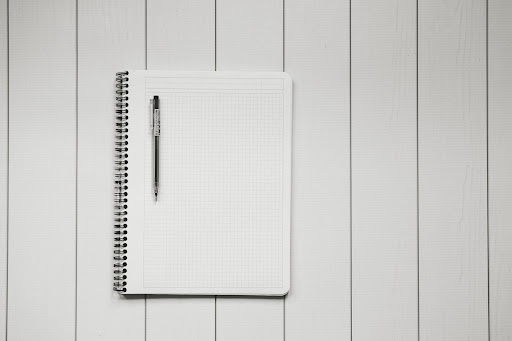Allude vs. Elude?
-
 Alanna Madden
Alanna Madden
-
 March 23, 2022
March 23, 2022
-
 Grammar Tips
Grammar Tips
The verbs allude and elude are homophones. “To allude” is to hint, suggest, or mention briefly. “To elude” is to escape or slip out of reach.












